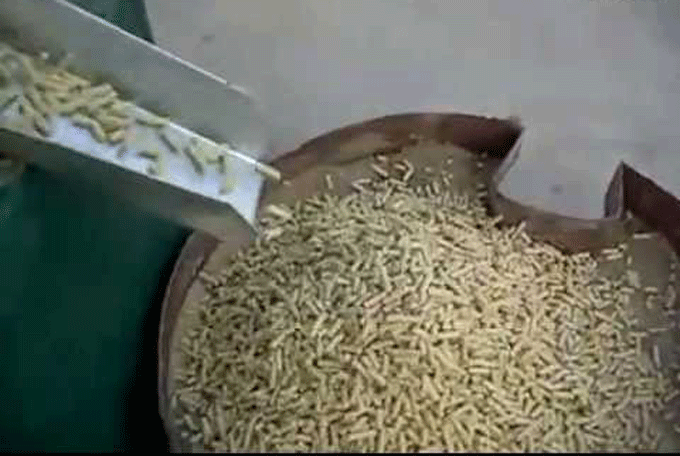Govt sets up rabbit pellet taskforce
Source: Govt sets up rabbit pellet taskforce – The Standard
BY MTHANDAZO NYONI
THE government has set up a task force to look into the shortage of rabbit pellets, which is threatening to choke the rapid growth of the country’s cuniculture sector, Standardbusiness has established.
According to Zimbabwe Commercial Rabbit Breeders’ Association (Zicorba) president, Regis Nyamakanga, over the past few months the players in the sector have been struggling to access rabbit pellets due to shortage of maize bran.
“We have received numerous reports of widespread shortages of rabbit pellets, which, if left unchecked, could asphyxiate cuniculture production at a time when the industry is experiencing an upward trajectory,” he said.
“Some of the leading stock feed manufacturers have advised us that they are facing a serious shortage of maize bran, which is an essential ingredient in the production of rabbit pellets,” Nyamakanga said.
Zimbabwe’s leading stock feed producers are Capital Foods, National Foods, Agrifoods and Pro Feeds.
The Zicorba chief added that the government banned the importation of maize bran following last season’s bumper harvest, prompting the widespread shortages of pellets.
Nyamakanga said he recently met with Lands, Agriculture and Rural Resettlement minister, Anxious Masuka and lodged an appeal about the current shortage and skyrocketing cost of rabbit pellets.
“I raised the issue of rabbit pellet shortages with the minister during a meeting that he held with us, the leaders in the livestock industry, and he responded by tasking officials at the Livestock and Meat Advisory Council (LMAC) to engage milling companies to ensure that they released maize bran to stock feed companies,” he said.
The rabbit industry has been growing steadily and is projected to benefit 1,8 million households in Zimbabwe through improved livelihoods and employment creation, he added.
The industry is one of the fastest growing globally, with statistics showing that over four billion kilogrammes are consumed world-wide with some countries in Europe importing between US$20 million to US$33 million worth of rabbits annually. Rabbit farming has significant potential to generate foreign currency for the country through exports as well as improve food security and nutrition in developing countries.
Rabbit meat products are also said to possess medicinal properties, and the meat has a higher percentage of easily digestible protein. In addition, rabbit meat has the lowest fat and calories, less sodium content and a high meat-bone ratio.
Other end products that are obtained from rabbits such as fur and manure even make breeding rabbits more attractive to small-scale and urban farmers.
Aside from the highly nutritional meat, rabbit dung can be used as fertilizer, and their urine can be used as a pesticide.
Farmers said the main advantage of rearing rabbits is that their offsprings grow fast and reach breeding and marketing age more quickly than other livestock.
For instance, a single female rabbit can be bred up to nine times in a single year, while it takes about 33 days for a pregnant rabbit to produce offspring.

